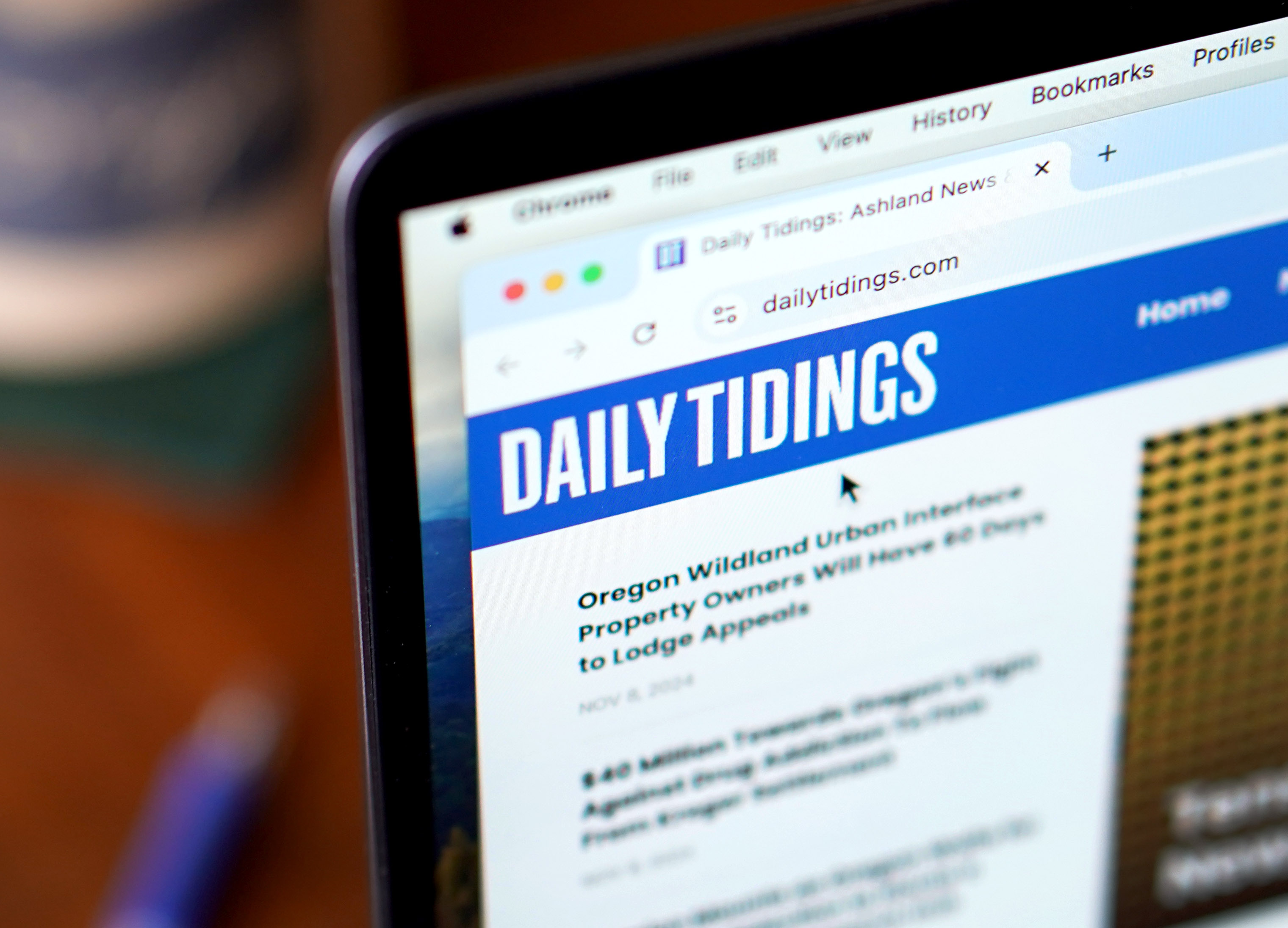Why stnews.live Helps Combat Misinformation
The Value of Fact-Checking in the World of News Online
The frequency of misinformation in today's on-line news landscape has actually gotten to worrying degrees. Fact-checking organizations play an essential role in combating this fad. They verify cases and enhance the trustworthiness of journalism. However, the efficiency of these organizations typically rests on their methods and public assumption. As target markets browse this intricate environment, the ramifications of their findings may form the future of news consumption and trust. What does this mean for the stability of info moving on?

The Increase of Misinformation in the Digital Age
Just how has the advent of digital technology contributed to the spread of misinformation? The rapid growth of the web and social media sites platforms has helped with the dissemination of information at an extraordinary rate. Individuals can share write-ups, video clips, and point of views with a plain click, typically without validating the content's precision. Formulas focus on sensational or mentally charged material, bring about a proliferation of deceptive stories that record attention.
Additionally, the anonymity afforded by digital platforms enables people to spread out false information without liability (stnews.live). False information prospers in echo chambers, where individuals are exposed mostly to point of views that enhance their ideas, even more entrenching fallacies. The saturation of information can overwhelm users, making it testing to discern trustworthy resources from unstable ones. Misinformation has ended up being a prevalent problem in the digital landscape, affecting public opinion and trust in genuine news sources.
The Function of Fact-Checking Organizations
Fact-checking companies play a crucial function in enhancing the reliability of journalism by validating cases made in report. Their efforts are vital in combating misinformation, making sure that precise information prevails in the electronic landscape. By holding media outlets liable, these organizations contribute considerably to notified public discussion.
Enhancing Trustworthiness in Journalism
While false information multiplies in the digital age, fact-checking organizations play a crucial function in enhancing the reputation of journalism. These companies thoroughly verify insurance claims made in news articles, public declarations, and social media posts, making sure that info distributed to the general public is precise and trustworthy. By supplying independent assessments, they act as an important source for reporters, helping them keep high criteria of honesty. Furthermore, their initiatives promote openness in media, fostering public count on. As audiences come to be significantly discerning, the existence of respectable fact-checking entities can distinguish reliable news sources from those that might spread out fallacies. Inevitably, the dedication of fact-checking organizations to support reliability is vital for the health and wellness of autonomous discussion.
Combating Misinformation Successfully
As misinformation remains to spread out swiftly across electronic platforms, the function of fact-checking organizations comes to be progressively vital in the fight for precise information. These companies work as watchdogs, inspecting insurance claims made by public numbers and media electrical outlets to assure liability. By using extensive research methods and specialist evaluation, they confirm facts and clarify misleading narratives. Their findings are disseminated with different channels, enlightening the public and cultivating essential reasoning. Furthermore, partnerships with social networks platforms improve their reach, permitting timely flagging of false information. As digital literacy grows, the influence of fact-checking organizations is crucial in equipping target markets to determine fact from fallacy, inevitably adding to a much more educated society.
How Misinformation Affects Public Perception
False information significantly threatens rely on media, leading audiences to doubt the trustworthiness of news resources. As an outcome, individuals commonly are attracted in the direction of electrical outlets that strengthen their current beliefs, adding to the polarization of viewpoints. This dynamic creates a fragmented info landscape, where shared recognizing ends up being significantly difficult to attain.
Rely on Media

Count on media has ended up being increasingly breakable in the digital age, where the rapid spread of false info can alter public assumption. As misinformation proliferates across social networks and on-line platforms, target markets commonly find it testing to recognize reputable resources from undependable ones. This uncertainty fosters hesitation, leading many people to question the motives behind news coverage. Trust in developed media outlets has actually lessened, as consumers progressively turn to different sources that may lack extensive content standards. This erosion of count on not only affects individual ideas however also weakens the cumulative capacity to participate in informed discussions. Ultimately, the stability of journalism is at risk, highlighting the vital need for effective fact-checking to restore confidence in the media landscape.

Polarization of Viewpoints
The increasing hesitation towards typical media has actually added to an expanding polarization of viewpoints among the general public. False information, typically shared with social media and on the internet platforms, plays a substantial duty in forming distinct ideological splits. People regularly look for details that aligns with their pre-existing ideas, strengthening their point of views while rejecting opposing point of views. This echo chamber impact escalates departments, causing a fragmented public discourse where consensus ends up being increasingly elusive. Additionally, sensationalized stories thrive in this setting, better skewing public assumption and cultivating suspect in reliable sources. As published here polarization intensifies, the requirement for reliable fact-checking comes to be extremely important to connect spaces and advertise notified discussions, inevitably ensuring a more natural society efficient in navigating intricate problems.
Strategies for Reliable Fact-Checking
Efficient fact-checking relies upon a methodical strategy that consists of extensive study, verification of sources, and vital evaluation of claims. A foundational technique is cross-referencing information from numerous qualified sources to verify its precision. Fact-checkers frequently utilize specialized databases and archives to trace the beginning of particular declarations, making sure that the reported details lines up with documented proof.
An additional important approach includes looking at the context in which claims exist. Misleading info can arise from out-of-context quotations or discerning information use. By checking out the more comprehensive narrative, fact-checkers can determine prospective prejudices or false impressions.
Furthermore, engaging with experts in relevant areas can provide clarity and understanding that boosts the fact-checking procedure. This partnership can discover subtleties that laypeople might ignore - stnews.live. Eventually, a disciplined approach integrating these techniques fosters an extra informed public, enhancing the integrity of information disseminated in the electronic age
The Influence of Social Media on News Intake
Just how has social networks changed the means people consume news? The appearance of platforms like Facebook, Twitter, and Instagram has significantly transformed news usage patterns. News is now disseminated rapidly, permitting users to access real-time updates and involve with content with likes, shares, and remarks. This immediacy has cultivated a choice for bite-sized details, often at the cost of comprehensive analysis.
Additionally, social media allows customized news feeds, where algorithms curate material based on user choices, producing resemble chambers that may restrict direct exposure to diverse viewpoints. The duty of standard news electrical outlets has actually lessened as people increasingly rely upon peer recommendations and trending subjects. The credibility of details is often jeopardized, as sensationalism can eclipse valid coverage. Overall, social media has improved news usage, highlighting speed and personalization while testing the requirements of journalistic integrity.
Equipping Target Markets to Determine Dependable Sources

In addition, checking out the authorship and business background of news posts can disclose potential prejudices. Cross-referencing details across several trustworthy outlets further boosts the confirmation procedure. Using electronic devices, such as web browser expansions that rate the reliability of web sites, can additionally aid in determining trustworthy info. By actively engaging with these sources and growing an essential state of mind, audiences can better outfit themselves to discern reputable news sources, eventually cultivating a more informed society amidst the complexities these days's media environment.
The Future of Journalism and Fact-Checking
As the media landscape advances, the future of go to this website journalism and fact-checking faces both challenges and chances. The increase of digital systems has actually equalized information circulation, permitting varied voices to arise. This has actually additionally led to the spreading of misinformation, demanding durable fact-checking devices. Journalists will progressively count on modern technology, including AI tools, to validate realities rapidly and effectively.
Collaboration between news organizations and fact-checking entities is Bonuses expected to reinforce reputation and transparency. Additionally, target market engagement will play a necessary function, as notified readers become significant partners in identifying reliable web content.
The demand for responsibility and accuracy is likely to grow, pressing journalists to copyright high criteria in their coverage. Inevitably, the future of journalism might hinge on its capability to adjust to technological advancements while keeping journalistic stability, making sure that fact-checking remains a keystone of qualified news.
Frequently Asked Concerns
Just How Can I Report Misinformation I Come Across Online?
To report false information experienced online, people can make use of platform-specific coverage tools, supply clear proof, and share the details with fact-checking organizations. Involving with community discussions can also assist increase understanding about the misinformation.
What Prevail Signs of Misinformation in News Articles?
Common signs of false information in newspaper article consist of thrilling headlines, absence of reliable sources, emotional language, irregular facts, and lack of writer credentials. Visitors need to critically evaluate content for these indications to determine accuracy.
Just How Do Fact-Checkers Confirm Sources?
Fact-checkers validate resources by cross-referencing info with qualified databases, consulting specialists, and checking out the original context of cases. They additionally analyze the dependability of the sources, making sure exact and credible details for public consumption.
What Lawful Actions Can Be Taken Versus False information?
Lawsuits versus false information may include disparagement suits, cease-and-desist orders, and governing charges. Sufferers can seek redress through civil courts, while some jurisdictions impose fines or assents on systems sharing incorrect information.
Exist Apps for Fact-Checking News On-The-Go?
Countless apps exist for fact-checking news on-the-go, including Snopes, FactCheck.org, and PolitiFact. These applications help individuals validate insurance claims swiftly, advertising notified decision-making and cultivating a much more critical approach to consuming news in real-time.